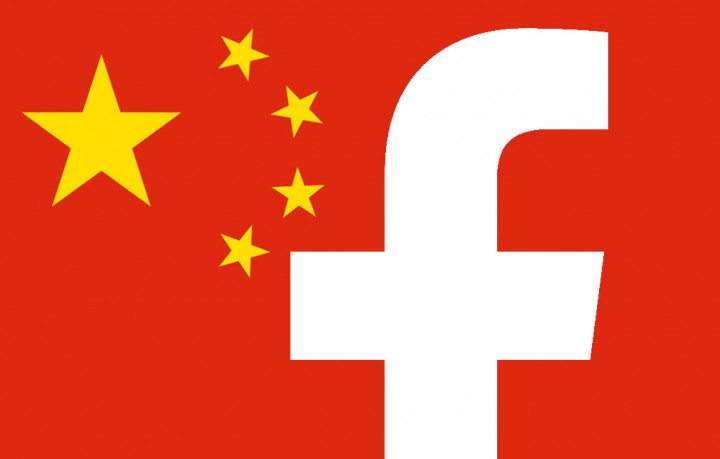
The Cyberspace Administration of China may have gotten a few folks at Facebook headquarters fired up on Wednesday. When asked about Facebook and Google reentering China, an official named Ren Xianliang said that the government “welcomes [foreign internet companies] to enter China to develop and share in the wealth of China’s growing internet market” so long as they’re willing to abide by Chinese laws.
If you saw that headline on Wednesday and got excited (it was carried by many of China’s major English-language newspapers), I have some bad news for you: it means nothing.
Why you shouldn’t get excited
First: Ren was just echoing the Party line; this does not reflect a shift in policy. China’s government has always said that its internet is open to all law-abiding foreign companies. In practice that isn’t true, but Ren’s statement echoes the sorts of things government officials have been saying for years. All it means is that China’s government wants to sound like it’s willing to allow Facebook back into China. It doesn’t mean the government actually is willing to allow Facebook back. In practice, China’s internet is not open. Services that are blocked on “legal” grounds have no real recourse to appeal those blocks (in fact, they’re almost never even told why they were blocked in the first place). And although Chinese officials have long denied it, many of China’s high-profile blocks of foreign services like Facebook have served to bolster the businesses of domestic competitors.
Facebook would have a difficult time in a market where its service looks woefully outdated.
Second: If Facebook were ever allowed into China, it would have to be completely rebuilt. Because of China’s censorship rules, there’s almost no way Chinese Facebook users would be allowed to connect with users outside of China, and within China Facebook would need to hire thousands of censors and rework its feed systems entirely to ensure that it could control and censor the spread of “sensitive” information. It’s likely that executing these changes would be an expensive and time-consuming process.
Third: Even if Facebook was allowed back into China and did rework its platform in a way that pleased Chinese authorities, it would face another major problem: attracting Chinese users. China, after all, already has social platforms like Renren that offer very similar experiences to Facebook. But over the past few years. those platforms have been hemorrhaging users to mobile-first new social platforms like WeChat. Facebook launching in China in 2016 would likely be received like MySpace launching in the US in 2016. There would be some initial interest thanks to both novelty and nostalgia, but ultimately most people aren’t going to abandon their WeChat habits to return to a social media platform that, to them, feels outdated. Can you book a cab through Facebook? Order your dinner? Pay for that new dress? WeChat can do all of those things, and thousands more. What reason would Chinese users have to go back?
In short, there’s no reason to get excited about Facebook returning to China. The government isn’t likely to approve any kind of relaunch, but even if it did, Facebook would have an extremely difficult time gaining a foothold in a market where its service already looks woefully outdated.
This post China says Facebook is welcome: 3 reasons you shouldn’t get excited appeared first on Tech in Asia.
from Tech in Asia https://www.techinasia.com/china-facebook-3-reasons-excited
via IFTTT
No comments:
Post a Comment